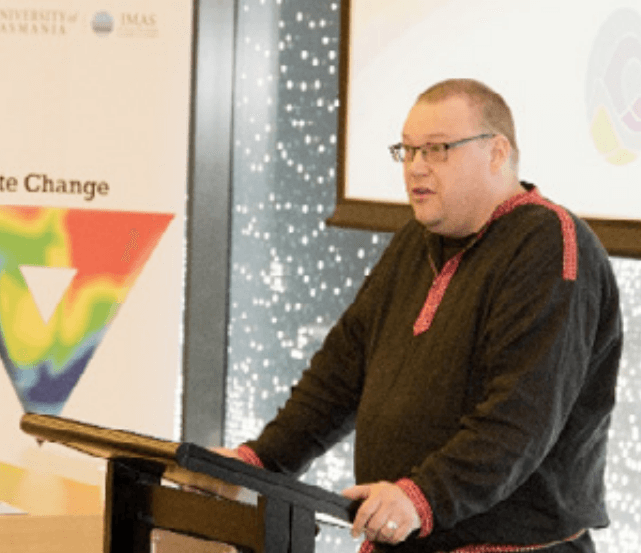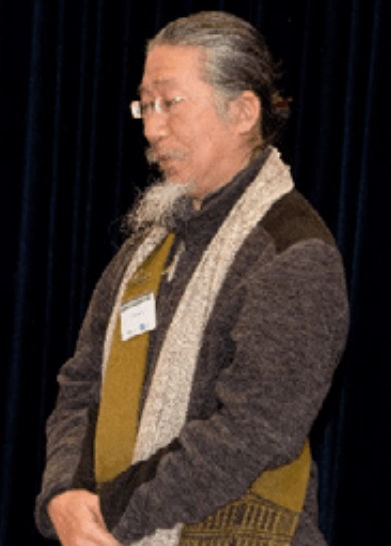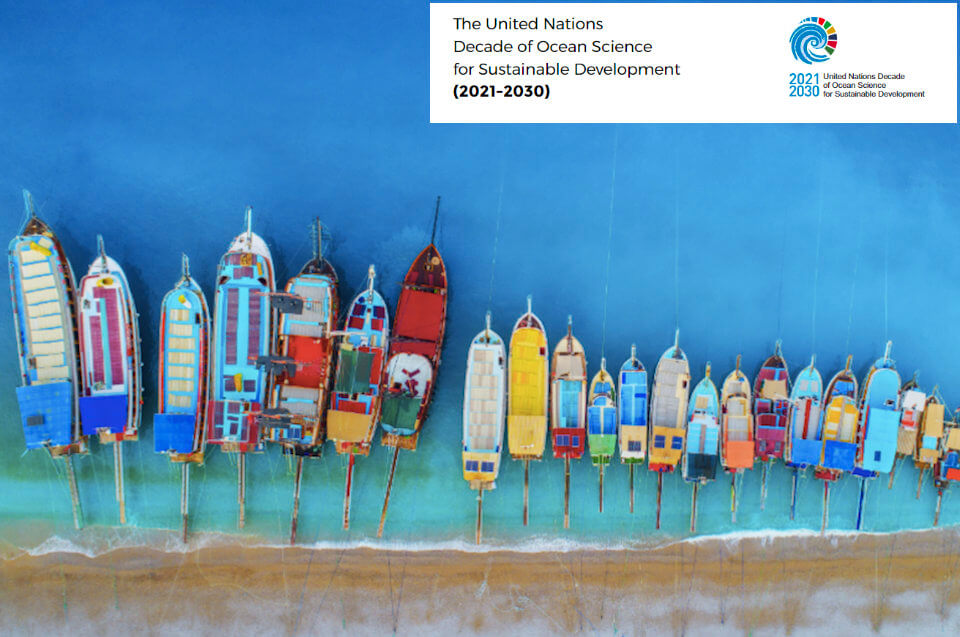RESEARCH APPROACH THEMES
This theme focuses on the role of knowledge co-production in achieving sustainability outcomes for marine socioecological systems. Knowledge co-production involves a dynamic interaction between researchers and stakeholders that connects science/research, policy, practice and community. How this dynamic interaction works and can be strengthened
for sustainability outcomes is a field of research in its own right. The CMS aims for this theme are to:


